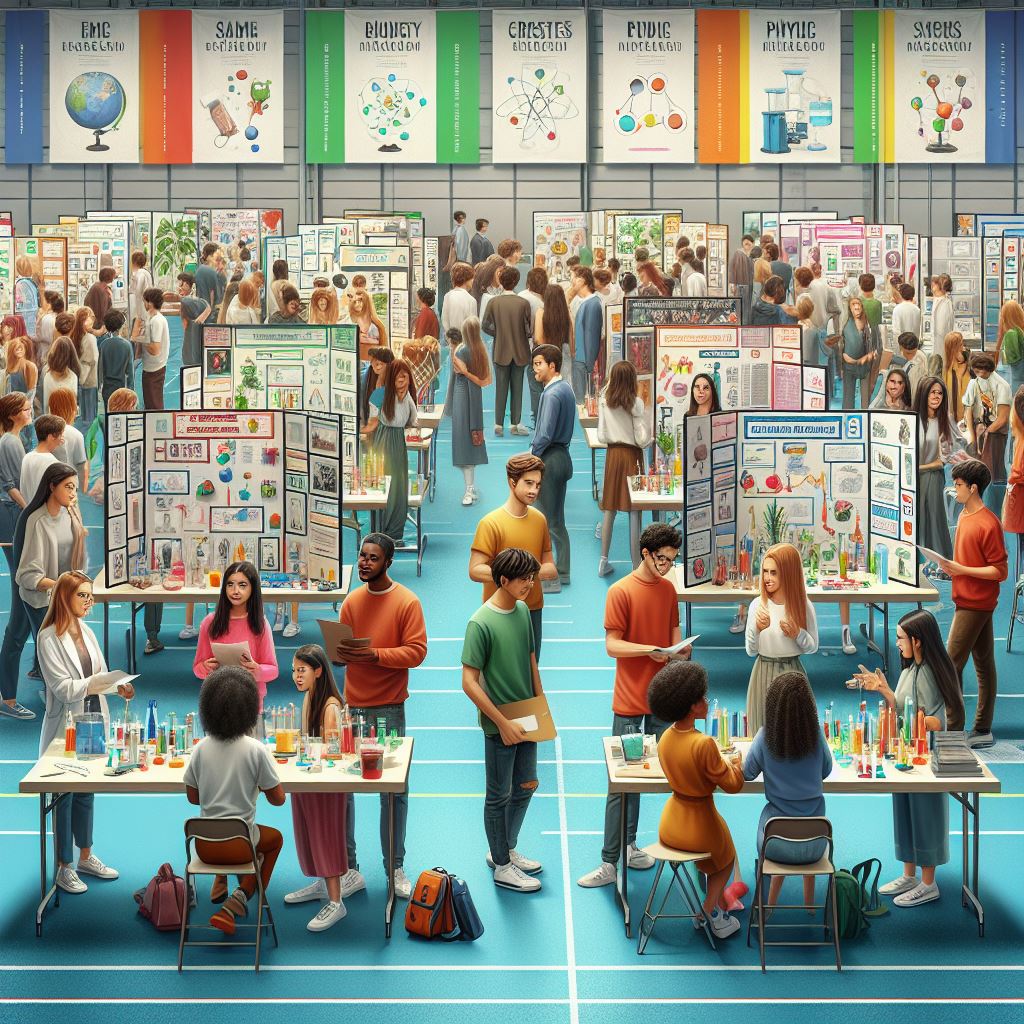Hisense is making a deliberate play for South Africa’s growing gaming and hybrid-work audience with the launch of its latest monitor lineup, led by…
Why AI in Education Still Needs Human Teachers

AI is disrupting education. But despite what the headlines (and some ChatGPT horror stories) might suggest, South African teachers aren’t being replaced — they’re being empowered.
According to Desiree Hugo, Academic Head at ADvTECH Schools, schools aren’t building a future where students learn in isolation from screens. They’re building something smarter: hybrid classrooms where AI handles the admin, and teachers get to do more of what they do best — connect, mentor, and inspire.
And the results speak for themselves.
“In the past three years, we’ve seen a 20% improvement in student performance,” Hugo says. “But that’s not just because of AI. It’s because we’re using AI intentionally, to personalise learning and free up teachers to be more effective.”
Not Just ChatGPT – Real AI for Real Learning
Forget the idea of students just using open AI tools during homework. What ADvTECH has rolled out is more advanced, more targeted, and far more powerful. Their ADvLEARN Intelligent Tutoring System uses AI to map each learner’s strengths and gaps, creating tailored paths through the curriculum that evolve in real-time.
That means a struggling student can get immediate help in a weak subject — while another who’s excelling can move ahead at pace. It’s like having a personal tutor that never sleeps, integrated right into the classroom system.
“Adaptive learning tech lets educators personalise content and assessments based on real student data,” says Hugo. “But the key is: it’s not extra work for teachers — it’s smart assistance.”
For students, it’s interactive and empowering. For teachers, it’s a system that provides real-time insights to adapt instruction and ensure no learner is left behind.
But What About Human Teachers?
It’s a fair question. With AI this good, do we still need classrooms led by people?
Absolutely, says Hugo — and not just for sentimentality.
“The fear that AI will replace teachers stems from a misunderstanding of its purpose,” she explains. “AI is a tool. The teacher is the difference.”
There are three big reasons teachers still matter — and always will:
-
Empathy and Emotional Intelligence: Algorithms don’t see the flicker of frustration on a child’s face. Teachers do. They can offer encouragement, context, and real human mentorship.
-
Creative and Critical Thinking: AI can serve up facts. But it’s teachers who push learners to ask better questions, explore nuance, and think ethically — skills that global curricula like IB, IEB, and Cambridge all prize.
-
Cultural Relevance: In South Africa, no one-size-fits-all approach works. Teachers bring the local language, culture, and context that make lessons stick. AI simply can’t teach isiZulu slang or decode township context — but a local teacher can.
Teaching in the Age of AI
So where does this leave teachers? Not behind. Just in a new role — one that’s more strategic, more human, and less buried in admin.
Imagine this: AI handles the marking, data crunching, and curriculum alignment, while teachers walk the room, spark debates, coach leadership skills, and build confidence.
That’s the classroom ADvTECH is designing — and it’s not theoretical. It’s already happening across its network of 119 schools across South Africa and the continent.
“The real story is not AI versus teachers,” Hugo says. “It’s AI plus teachers. Technology isn’t replacing them — it’s reminding us why we need them more than ever.”
As generative AI reshapes the world of work, it’s comforting to know that in our classrooms, the heart of learning still beats in human hands — only now, it’s backed by the power of real-time data and smart automation.
Because the future of education isn’t about replacing teachers. It’s about giving them superpowers.

